Some people don’t think of the 2010s as all that groundbreaking when it comes to gaming. But that fails to take into account the games that shifted the landscape this past decade.
In fact, there have been several progressive experiences that have changed the way players and developers approach games. Some have even altered the way players consume this form of entertainment. Episodic release models and microtransactions are some examples of this. Advancing technology and ever-more powerful hardware also mean that new types of games have emerged.
Here are the 10 most influential games of the past decade.
The Elder Scrolls V: Skyrim
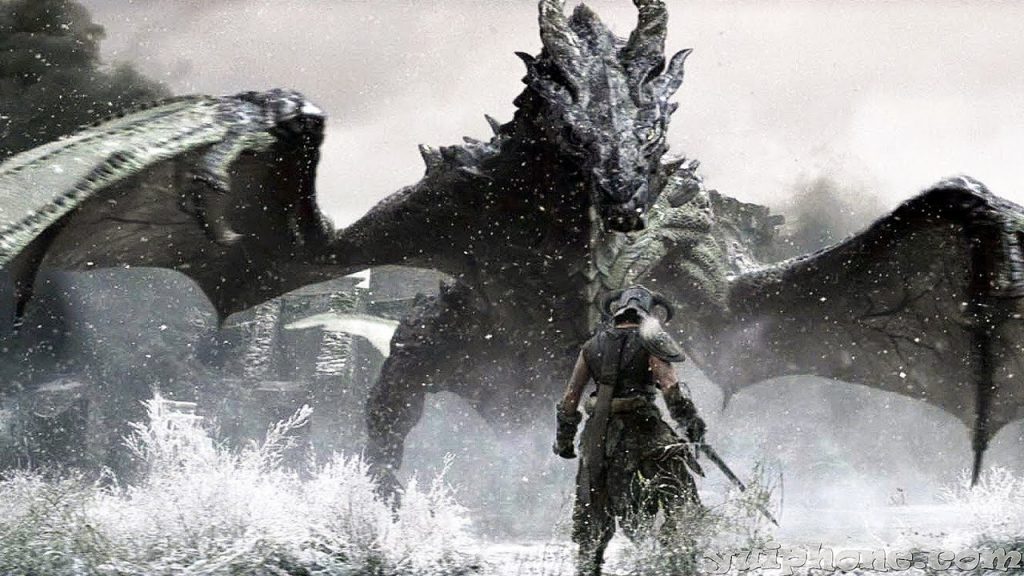
Skyrim (2011) might not be all that original. After all, it is more or less a continuation of the work Bethesda did in Oblivion. What it did do, though, was set the tone for the decade. It showed others what was possible in a big open-world experience. Later titles, like The Witcher 3, would take plenty of cues from this Elder Scrolls installment.
Strangely, Skyrim is as popular now as it has ever been. This is in large part thanks to the vibrant modding community that Bethesda encouraged. Players constantly breathe new life into it with fresh content, something other developers have taken notice of.
The Legend of Zelda: Breath of the Wild
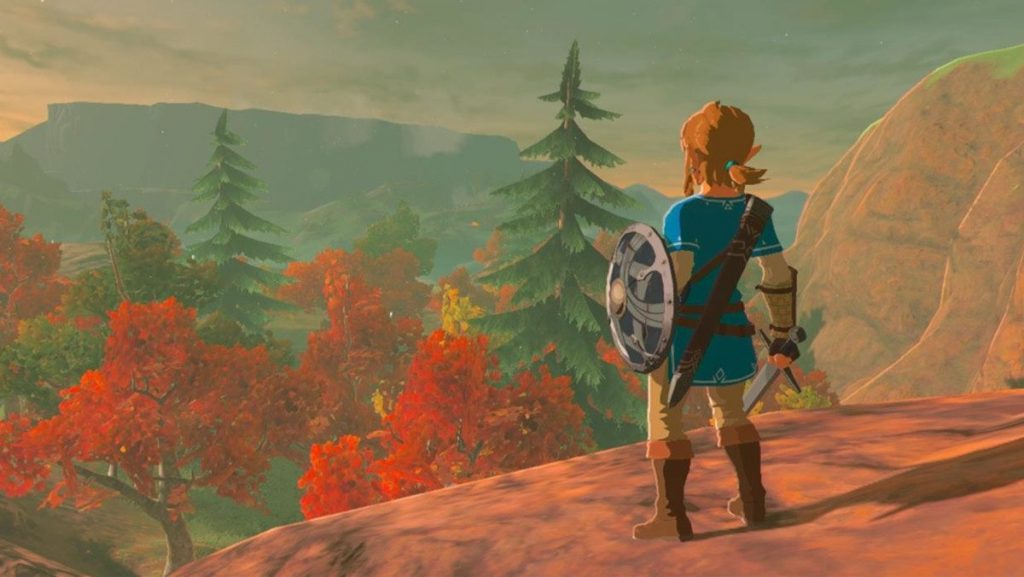
When Nintendo announced the Switch, gamers were skeptical. The Wii U had been a huge failure while hardcore fans disliked the casual nature of the Wii. One game managed to convince everyone that Nintendo was still a serious force in the industry.
The Legend of Zelda: Breath of the Wild (2017) was a marked change from the rest of the series. It gave players the freedom to truly explore Hyrule, an independence that wasn’t always a feature of open-world games.
Super Meat Boy
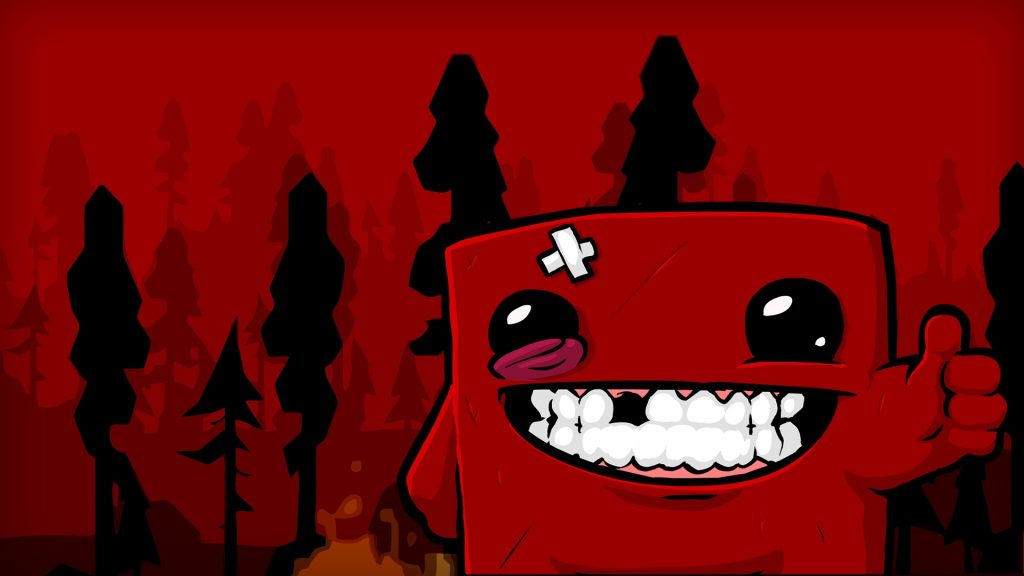
Super Meat Boy (2010) is not particularly groundbreaking by itself. While it is an exceptional platformer, it didn’t really innovate the genre. What it did do, though, was help jump-start the indie game revolution on consoles.
As one of the first big successes on the Xbox Live Store for the Xbox 360, Super Meat Boy was a breakthrough. A series of high-quality titles would follow over the years, making these smaller budget titles permanent fixtures.
The Walking Dead
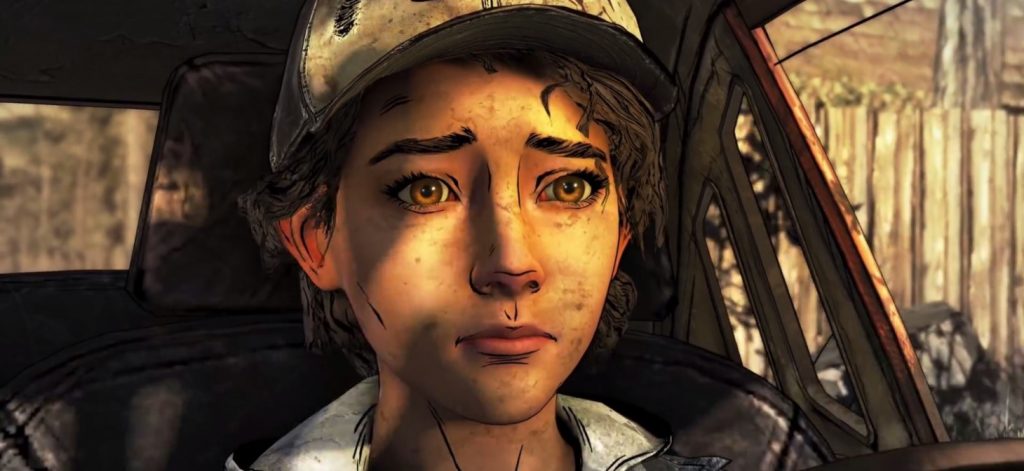
The graphic adventure genre was pretty much dead before The Walking Dead game came along in 2012. Developers and publishers had no longer felt there were players out there who wanted those types of games.
But Telltale’s take on the zombie franchise revitalized the genre, proving there was an audience. What followed was a slurry of adventure games in the same mold that are still carrying on the tradition of the LucasArt classics.
Amnesia: The Dark Descent
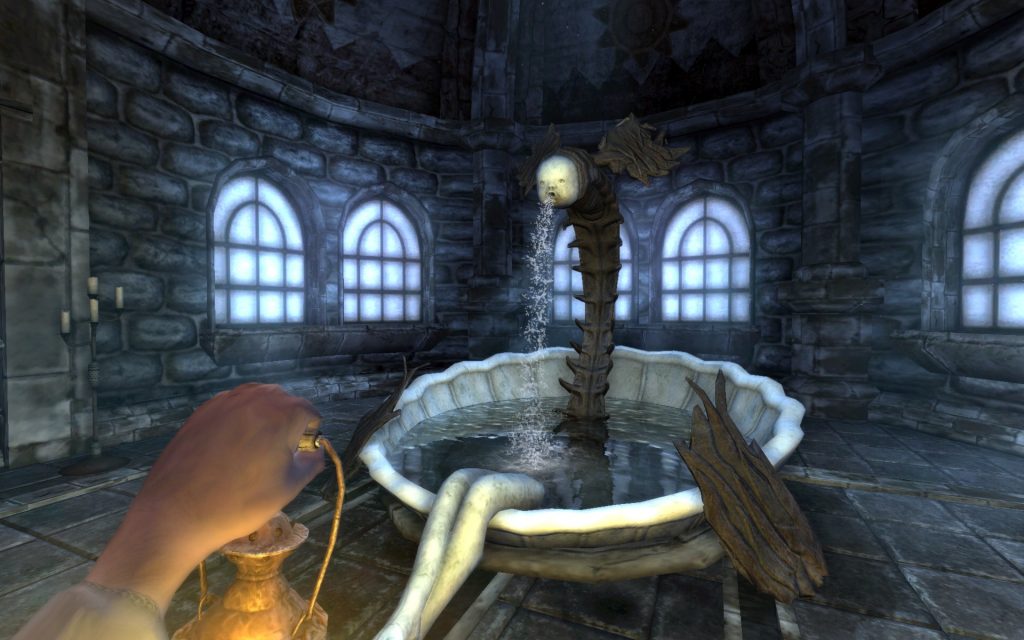
Before Amnesia: The Dark Descent released in 2010, horror games had become something of a joke. Even established franchises like Silent Hill and Resident Evil had faded away or lost their luster. Everything changed with the release of this terrifying title. It was one of the first times that developers removed the ability of the player to fight back. Without weapons or being able to hide away for extended periods, the nightmare was ever-present and constantly tense.
Gone Home
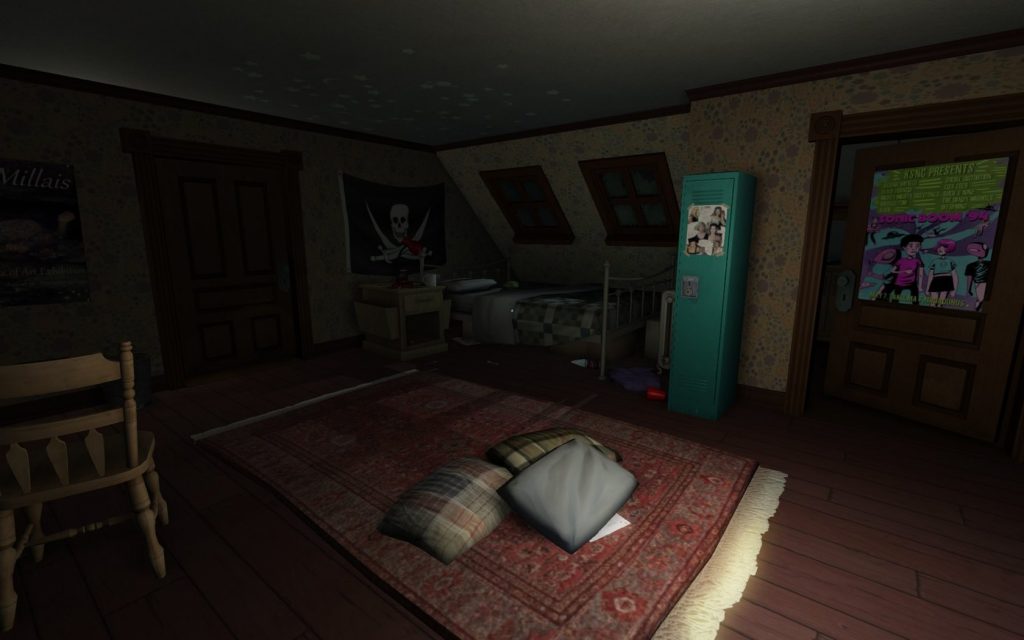
Gone Home (2013) was a new type of gaming experience, which would later become known as walking simulators. Its lack of interactive gameplay and focus on exploration proved controversial. Some even argued that you shouldn’t consider it a video game. Despite the mixed reception from players, it proved to be the start of a new trend of titles that continues to this day.
Fortnite

What makes the incredible success of Fortnite truly remarkable is that the game faced ridicule when it first released in 2017. A sort of base-building game crossed with Gears of War’s horde mode, it had limited appeal. In an effort to revive its fortunes, Epic implemented the battle royale gameplay from PlayerUnknown’s Battlegrounds.
The results were staggering. Fortnite is now a worldwide cultural phenomenon. Battle royale games litter every storefront, but Fortnite has stayed at the top. It has even infiltrated everyday life with its dances and large crossover events.
Pokémon Go

Pokémon Go (2016) is perhaps the biggest game of the decade. It crossed the cultural divide in a way that few forms of media can. Hundreds of millions of people downloaded the game and it inspired a whole new type of experience. This wasn’t a game to play at home in private. Instead, you had to go out in public and actually walk around with other people.
It is a strangely communal game that still has a huge dedicated fan base. More importantly, it demonstrated how mobile gaming didn’t have to just be about Candy Crush.
Dark Souls
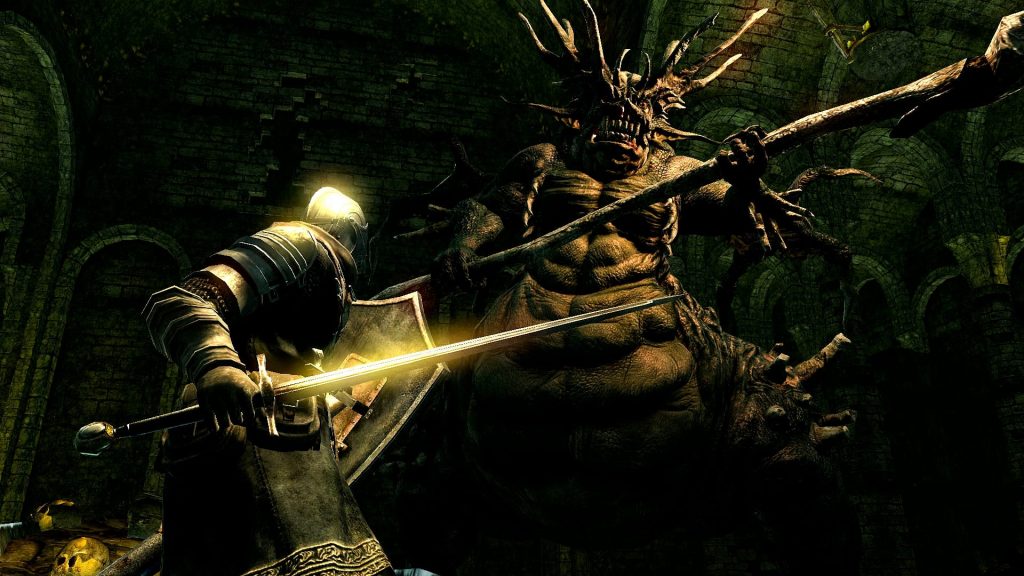
Few games have had such an impact on the world of gaming in the last decade as Dark Souls (2011). FromSoftware’s role-playing game redefined the genre. No longer were developers afraid of making their games truly challenging. It also introduced a series of gameplay features that have become common throughout the industry. Whether it is the genuine punishment for dying or the ultra-tough combat, numerous games have attempted to emulate the experience. So much so that Souls-like has become a genre of its own.
Minecraft
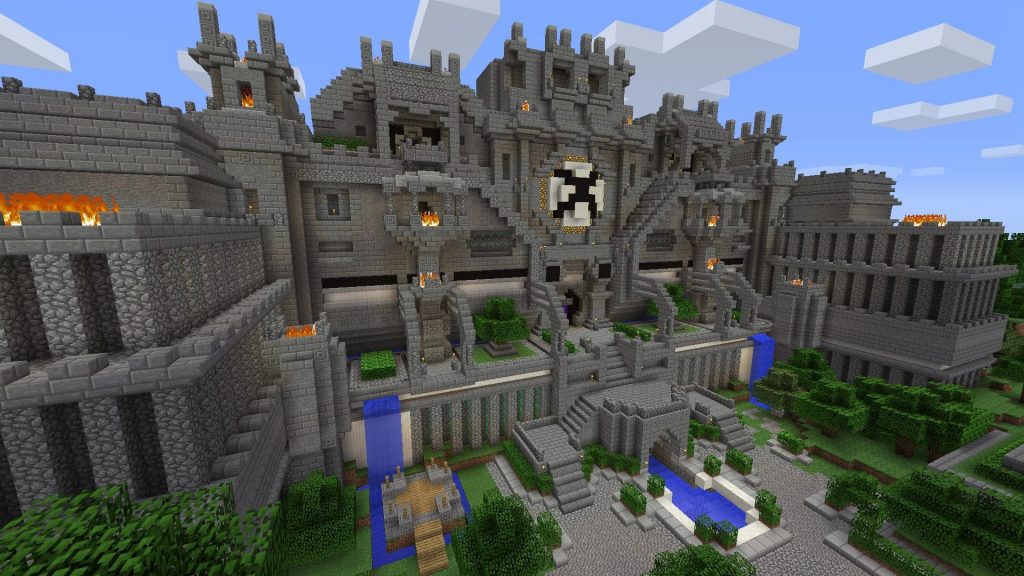
Minecraft has been around for a long time, but officially released in 2011 following a protracted early access period. It showed people that games could be used as a creative force. The simple mechanics and basic visuals empowered legions of players to build their own worlds, artwork, and video games. Minecraft even found its way into classrooms, demonstrating its mainstream casual appeal. Crafting is now a mechanic included in what seems like every release while giving players complete freedom is a prized mechanic.
Which game do you think is the most influential of the 2010s? Tell us in the comments below!
Category: Articles





